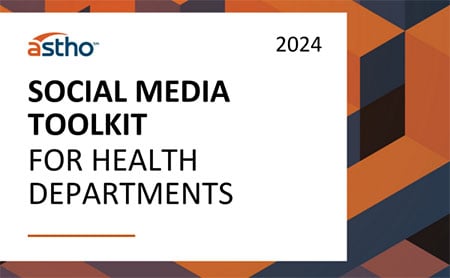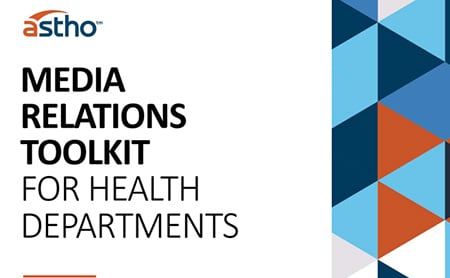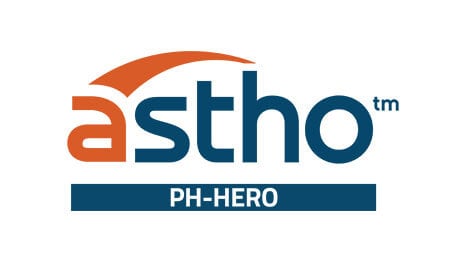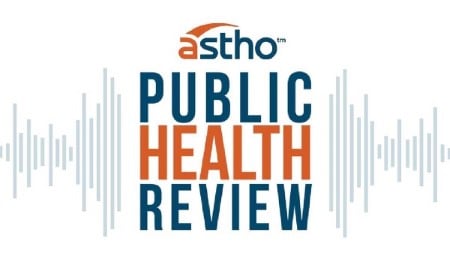ASTHO delivers a comprehensive suite of communications to keep public health leaders informed, prepared, and connected. Through a variety of platforms, we package the day’s top stories, anticipate emerging trends, and provide expert insights on the most critical public health challenges facing states, territories, and freely associated states.
Media Inquiries
Are you a journalist seeking expert commentary or insights from state and territorial health officials? ASTHO’s media relations team connects members of the press with public health leaders and subject matter experts. Visit our Newsroom to access press releases and connect with our communications professionals to talk with subject matter experts.
Public Health Communications
Podcasts
- Public Health Review: Our flagship podcast explores timely public health topics through the voices of state and territorial health officials and national experts.
- Public Health Review Morning Edition: A quick, daily newscast delivering the latest in public health every weekday at 7 a.m. ET on all major streaming platforms.
Blog
Stay current with expert commentary and analysis on public health policy, innovation, and leadership. Our blog features insights from ASTHO staff and state and territorial health leaders.
Newsletters
- Public Health Weekly: Your essential Thursday briefing on ASTHO’s latest news, resources, and events, delivered straight to your inbox.
- PHIG Connections: Stay on top of Public Health Infrastructure Grant (PHIG) updates, deadlines, and success stories.
Subscribe to our communications to receive the latest public health news directly in your inbox.
Issue Briefs, Reports, and Toolkits
Explore in-depth analyses of public health programs, policies, and research findings through issue briefs, reports, and toolkits designed to support best practices and innovation.
Videos
From PSA campaigns to expert interviews and briefings, ASTHO’s video library brings public health stories to life. Visit our ASTHO YouTube channel to explore.
Legislative Alerts
Stay informed on federal legislative developments with ASTHO’s exclusive analysis of emerging public health policies and proposals through our Legislative Alerts.
Featured Products







PH-HERO Workforce Resource Center
A collection of resources addressing moral injury, burnout, resilience, and retention for public health leaders, supervisors, and team members.
Learn More